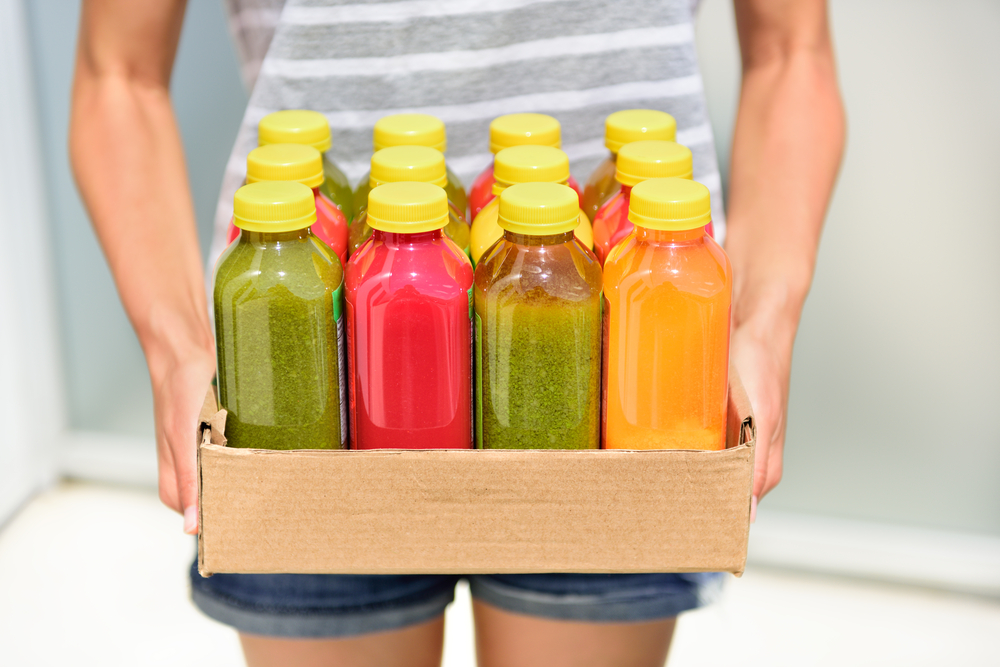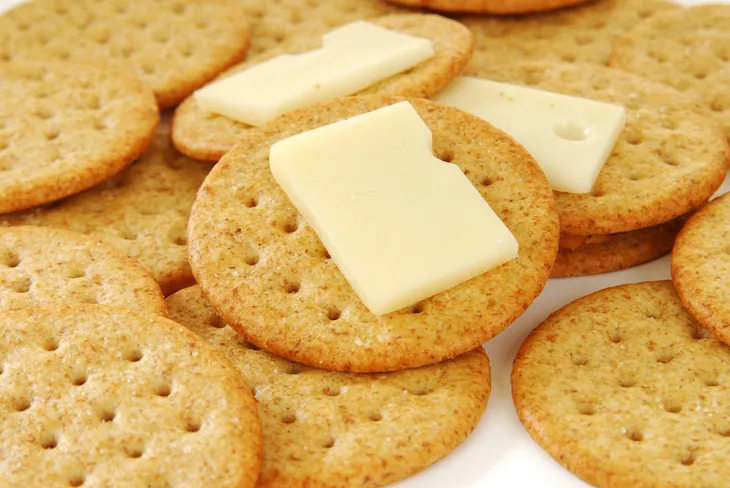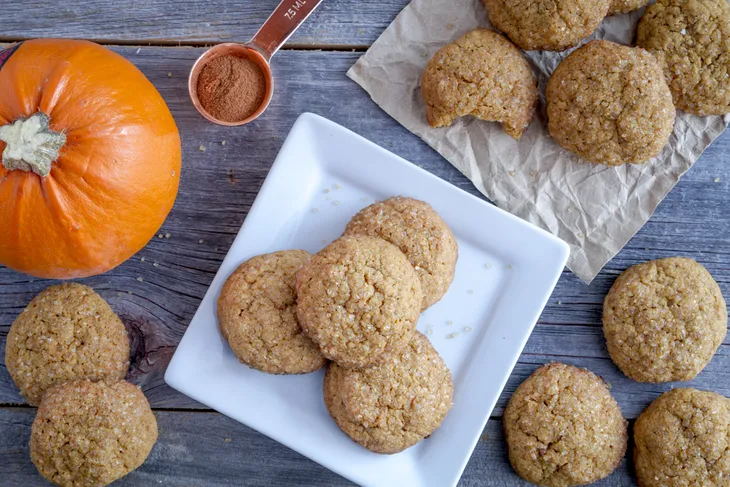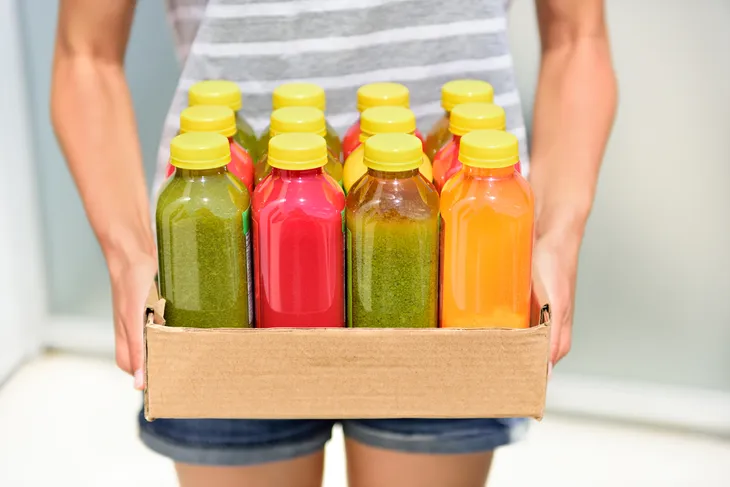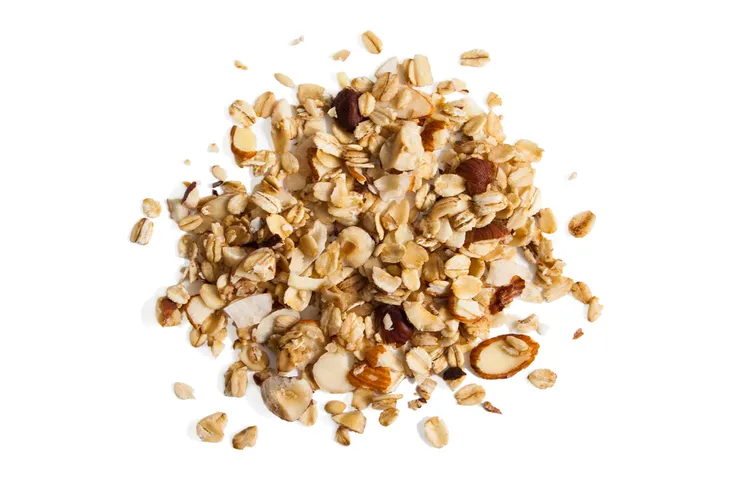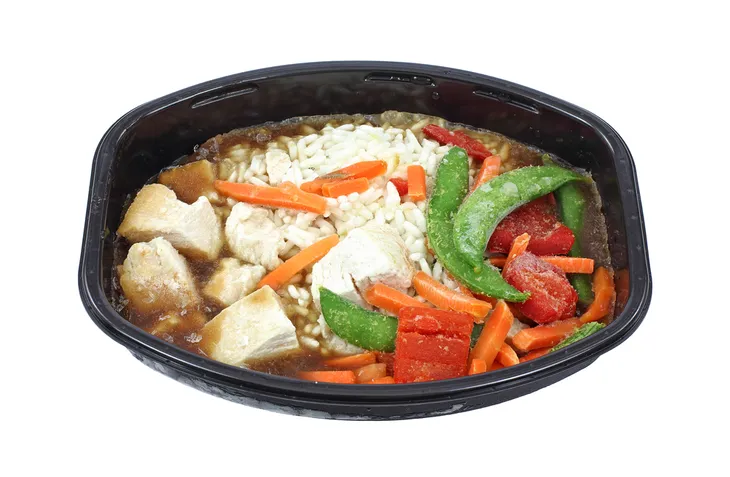Those who go seeking out healthy foods usually do so with the best intentions—maybe you’re trying to cut refined sugar or lose a bit of weight. However, many so-called “health foods”, particularly the processed kinds, aren’t doing you any good.
The following six “healthy” foods are, in reality, not so healthy…
Organic Crackers
According to food researchers from the Food and Brand Lab at Cornell University, organic crackers are one of the top offenders. Sure, you would assume that anything “organic” would contain fewer calories and less fat than non-organic boxed crackers at your local grocery store.
However, that’s not the case. Cornell researchers stress that processed foods are just that—still processed. This means they usually contain a lot of sodium to make up the difference, and we usually end up eating twice as much because of that fact.
Organic Cookies
This next bit of news might put Cookie Monster to tears, but cookies bearing health food lingo, like “organic” are still cookies, which means although they may be void of chemicals and artificial sugars, they still contain a ton of natural sugars, which is what makes you pack on the pounds.
Food researchers point out that organic snacks cut out the artificial sugars, oils, preservatives, and chemical ingredients found in regular boxed cookies—they still pack products full of empty nutrients—such as empty carbohydrates and natural sugars.
Diet Soda
The old debate over diet vs. regular soda—which is better—can be argued over forever. The truth is: neither are good for you! Despite the diet label, sodas are still full of artificial sweeteners, which causes us to drink twice as much while also validating accompanying unhealthy choices.
The idea that “I’ve had a diet soda so I can have the fries and burger” is a common one. In fact, an American Journal of Public Health study on 24,000 Americans reported that overweight and obese adults were more likely to drink diet soda than individuals who maintained a healthy weight.
Bottled Juice
Even if it’s in a green bottle with a green label, so called “green” juices and smoothies are usually nothing more than snake oil. By that I’m referring to the high amounts of sugars in bottled juices. If you don’t believe me, read the label and take the words of certified nutritionist and author of The All-Day Energy Diet, Yuri Elkaim, to heart.
Elkaim insists that in many cases, bottled juices can contain upwards of 50-grams of sugar per bottle. Drinking so much sugar on a regular basis, leads to excess sugar in the blood that can’t be metabolized by the liver fast enough—so conditions like fatty liver disease, diabetes, and heart diseases can develop over the long run.
Granola
You hear the word granola and you likely think of hippies eating it for breakfast before a yoga class. However, granola is typically high in 2 things—sugar and fat!
Sure, granola may yield healthy fats in oils, nuts, and seeds, as well as fiber in oats and dried fruits. However, studies published on Yahoo Health claim it’s tough to watch your portion sizes. Most recommended servings of granola are less than ¼-cup, and we tend to eat a lot more per meal. The best way to know if the granola is appropriate is to read the nutrition food label. Compare the fat, fiber, and carb ratios and choose the most appropriate.
Lean Frozen Cuisine
Frozen meals are certainly a modern day convenience. You pop one in the microwave and your fettuccine or carbonara is ready in under 5-minutes. Even though these meals come pre-portioned, you have to admit, it’s tough to eat just one and be totally satisfied.
Not only are the servings relatively small, frozen meals tend to be jam packed with chemicals and artificial ingredients—such as sugar and MSG—which literally “zaps” the body’s hypothalamus, the message center in the brain that tells the body it’s full.
